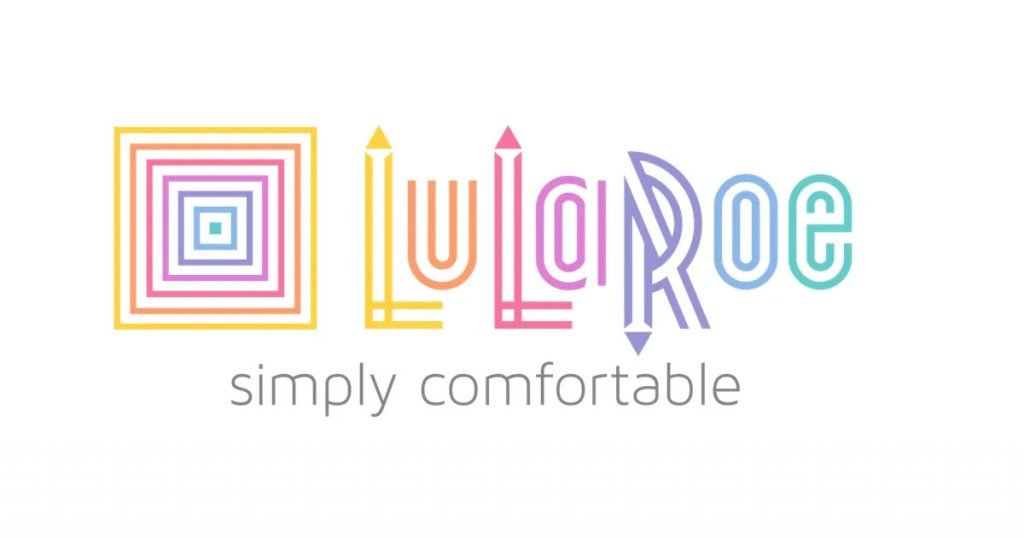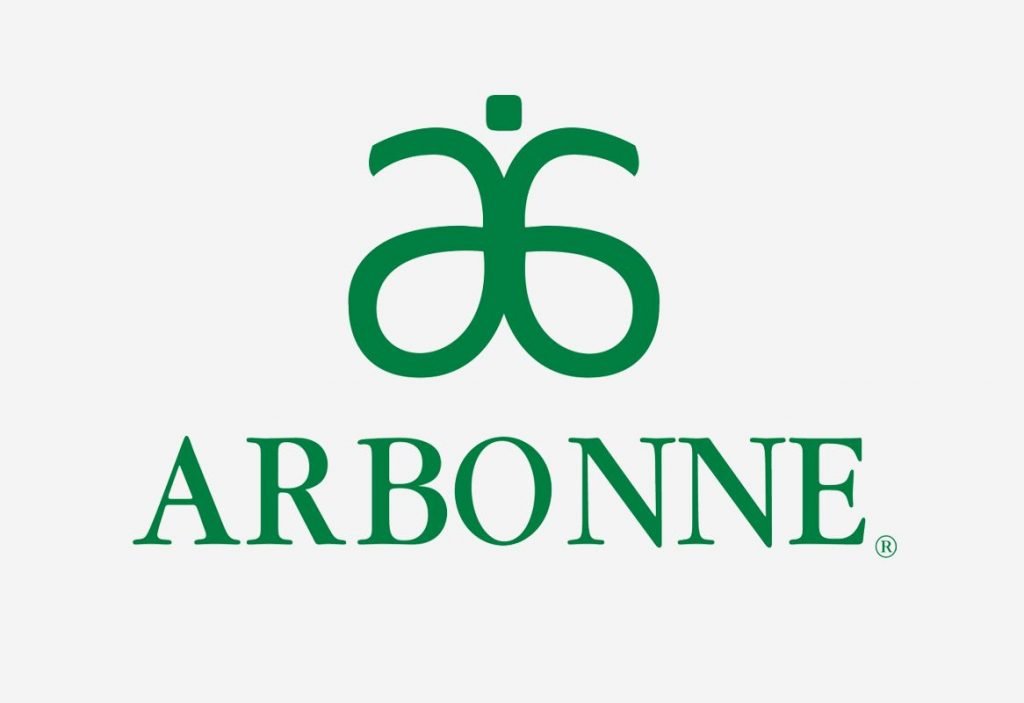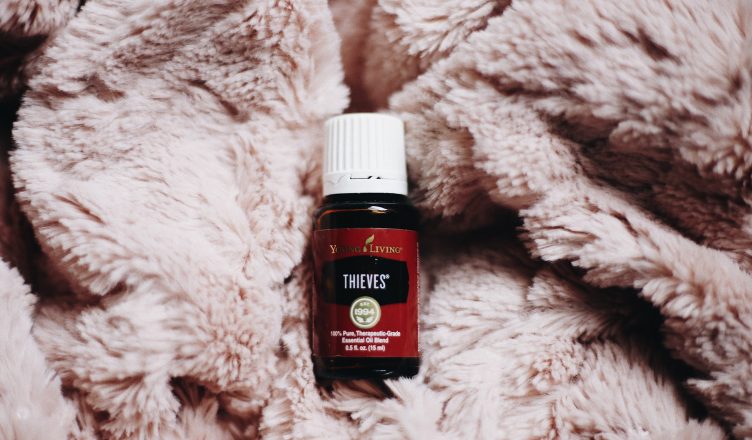Ever seen the bunch of posts on social media promising to make you six figures every year while working from home and being your own boss? If you are like most people, you’ll be curious enough to take a second look and have probably seen things like luxurious cruises and vacations, shiny new cars and even the legendary six-figure checks.
For those who don’t know, Multi-Level Marketing (MLM) is a scheme which people get paid when they recruit new sellers under them, and when they move inventory. When the recruited sellers under a ‘leader’ buys new inventory or sells products, a portion of the money from the sales goes to their upline. Due to having to pay those at the top of the pipe, MLM products are usually overpriced, and people earn more by recruiting sellers under them instead of selling products.
Lured by dollar signs, most people who sign up for MLMs don’t know what they are getting into. These unfortunate victims, who are actually at the bottom of the sales pyramid, can easily lose huge amounts of money. Some elderly folks even spend their entire life savings buying MLM products, only to lose it all by being unable to sell off any of it. Below are the top ten MLM companies you may not know about. Stay away from them!
10. Amway

Amway, short for American Life, is widely considered one of the pioneer in MLMs. Known for selling a wide variety of household products and health supplements, the company was founded in Michigan by Jay Van Andel and Richard DeVos back in 1959.
Before starting Amway, the pair sold Nutrilite as distributers. Nutrilite was operated as a MLM company, in which sellers got paid for doing two things: when they recruit more people and when they sell the MLM products to others. When Nutrilite got into trouble with the FTC for false advertising, the two friends decided to set up their own MLM company instead.
Touting themselves as a direct selling company, they set out to acquire products for their new venture. After securing a rights to an organic cleaner patent, the two founders manufactured the cleaner as one of Amway’s products. Amway later bought the Nutrilite Company and added the line of health supplement products to their own. After developing more products, Amway later expanded the company out of the US to Europe, Asia and Australia.
Despite multiple accusations and lawsuits being filed on Amway for being a pyramid scheme, Amway was never charged or found to be guilty of being illegal. In 2018, Amway was hailed as the largest direct selling company in America, with a total of 8.8 billion in sales.
9. Mary Kay

Mary Kay was founded in Addison, Texas by Mary Kay Ash in 1963. This company focuses on selling cosmetics to people wholesale, who then in turn sell these cosmetics to others in their communities. Sellers can also make money when they recruit their peers to their network to sell Mary Kay brand cosmetics.
Mary Kay set the rules where sellers had to purchase a $100 starting kit to qualify as a distributer. To incentivize those selling their products, the company created a system where the top sellers could win cars or cash. The highest honor was a pink Cadillac, reserved only for those who bought over a hundred thousand dollars’ worth of products in a single year.
With its humble beginnings of just 200 thousand in profit of when starting in 1963, Mary Kay gradually grew throughout the States, and eventually branching out to overseas markets as well. By 1991, Mary Kay reached over 500 million in sales of their products, and had over 200 thousand distributers throughout the world. In 2017, the multi-level marketing company made over 3.7 billion in sales from the purchases of its 2.5 million distributors.
Despite the apparent success of the company, most distributors of the company hardly earned any money. According to the company, over 93% of their thirty thousand strong Canadian distributors did not earn a single penny, and only 5% earned over a hundred bucks.
8. LuLaRoe

LuLaRoe is a woman’s apparel company started in California by the couple Deanne Brady and Mark Stidham. Formally incorporated on May 1st 2012, the company started with selling clothing, claiming to sell the garments to their distributors at wholesale prices, allowing them to start a side hustle and to make profits.
Like all MLMs, the more people the seller recruits, the more they earn, as they take a cut of the amount earned by their downlines. Distributors have to shell out almost 5000 in greenback just to get started, making it one of the most expensive MLMs to join.
The most successful product line of the company is its leggings, introduced in 2014. The leggings’ sales netted the company 9.8 million in sales within six months. Within three years, LuLaRoe’s legging distributors had grew to more than 80 times its original size, hitting almost hit a billion dollars in sales. To keep their products rare and fresh, LuLaRoe only produced 5000 of each design of leggings.
By late 2016, however, due to overwhelming demands, distributors began to receive goods that had defects in them which rendered them unsellable. Thousands of people had inventories that they were unable to move. Many of these sellers tried to get a refund, but were unsuccessful in getting the company to listen to them until they banded up on a Facebook group demanding their money back.
In 2017, LuLaRoe was hit with a class-action lawsuit over accusations that the company was ran as a pyramid scheme. It was revealed that distributors earned an average of $85 per year selling leggings despite their hard work. Numerous lawsuits demanding settlement over non-payment of goods by their manufacturer pounded the company the following year.
7. Young Living

Young Living is an essential oil company founded in Utah by Donald Gary Young in 1993. Young was once convicted for playing doctor without a license, and promoted alternative medicine heavily through his practice.
Gary Young manufactured the essential oils on his Idaho farm in the beginning. To increase production, he later bought another plot of land in 1996 in Utah. He also expanded the company internationally, and bought an overseas farm in Ecuador in the year of 2006.
By 2010, the operation had expanded to become one of the largest essential oils distiller which uses frankincense. Their products were sold by a network of distributors, who had to cough up a minimum of a hundred bucks for a starter kit. With the founder purporting that his products could cure diseases ranging from autism to cancer, many fell to his charisma and became the representatives of his company.
In the years 2015 to 2017, the company reported a profit of over a billion dollars. Most individual distributors, however, did not fare so well. The average amount earned per distributor in the US was reported to be about 200 dollars annually in 2018.
6. Usborne Books

Founded in 1973 by Peter Usborne in the United Kingdom, Usborne books is considered to be a more unique MLM company. While most MLMs sell health supplements, clothing or jewelry, Usborne sells children’s books. This does not, however, exempt them from being bad behavior.
Distributors for this company, known as ‘Consultants’, have to buy a ‘miniature’ starter kit for $75, or the full sized version for $125. The kit reportedly contain a small collection of books and some supplies such as plastic wraps for the books. They are also forbidden from selling their stock to book stores, and only earn 25% for every sale they make. To keep their status as ‘Active’ in the program, sellers have to make at least $120 in sales every three months.
Many of such consultants revealed that they lost money despite actively hosting ‘book parties’ to clear their inventories. Some of these consultants eventually tried to cut their losses and sold their inventories to bookstores at a much lower price than they purchased the book kits for.
5. ItWorks!

ItWorks! Was started in Michigan by Mark Pentecost in 2001. Before starting the company, Pentecost was a high school teacher, who also doubled as a basketball coach. Trying to make an extra $500 a month to cover his family’s expenses, Mark started the direct sales company selling body wraps, personal care and health food products.
The body wrap was supposed to slim down stomach fat, claiming to help tone a person’s skin to a lighter color, or to lose weight. However, many users of these products complained that they did not work as touted, and the FTC sent several warning letters to the company for its false claims in advertising.
Distributors of the brand were expected to purchase a $99 starter kit when they join. They can then sell the contents of the kit to their family, friends and strangers, with the promise that they can earn an income that can give them financial freedom.
However, according to ItWorks!’s own income disclosure, 85 percent of distributors earn an average of merely $48 a month, with some even earning as low as $1 in 2019. This figure also does not include the costs required to make the sale, like travelling costs, gas costs and more. Essentially, most distributors, especially at the lowest tiers, are operating at a loss in both time and money.
4. Arbonne

Arbonne International LLC, better known as Arbonne, was founded by a Norwegian businessman Petter Mørck in 1980. The tycoon named the company after the village Arbon in Switzerland, when he moved there to research for a new skincare product line for his new direct-selling company.
Although R&D for its products were conducted in Switzerland, the company’s main office was located in California. With their research, Arbonne was able to create a line of products that did not contain animal or petroleum ingredients. These products ranged from essentials like toothpaste to more luxurious items like eyeliners. Promoting themselves as a vegan-friendly and healthy brand, they managed to attract a large crowd of individual distributors who bought 200 million worth of products from the company in 2004.
By 2006, Arbonne had over 600 thousand consultants under its brand. Despite all the hype among independent sellers of the brand, they had to shell out over fifteen hundred dollars to get their basic starter kit, and have to fork out about 200 more each month to be able to even earn commission. According to the official Arbonne earning disclosure, about two-thirds of independent distributors earn an average of only 800 annually, with some even earning as low as 15 bucks in an entire year.
3. USANA Health Sciences

USANA Health Sciences, more popularly known as Usana, is a MLM company selling supplements, nutrition and skincare products. Founded in Utah by microbiologist Myron Wentz in 1992, the small company spun out three product lines, each catering to different segment of the market. Branding itself as high quality and safe with the assuring PhD from its founder, Usana quickly grew to become one of the most popular MLM among distributors.
Like many other MLMs, Usana’s distributors, known as associates, were encouraged to sign up their family and friends as their downline to be able to earn more money. A percentage of their downline’s sale is promised to them as commission, but to be able to earn that commission, associates had to purchase a minimum amount in products and hit a certain sale target every month. Associates bought so much of the brand’s products that in 2012, 91 percent of all Usana product sale were bought by the associates themselves.
Despite Usana being a public company, associates hoping to hawk Usana products had to pay a one-time fee for a ‘welcome kit’ containing business advice. Despite claiming that associates can earn up to a neat 18 percent profit on every sale, over fifty percent of distributors out of a thirty thousand strong crowd did not earn a single cent in 2017.
2. The CEO Movement

The CEO Movement, short for ‘Community of Entrepreneurs Online’, is a program created by a self-proclaimed Internet Marketing Guru Rob Brautigam from Arizona. This subscription-based program consists of several courses teaching online marketing, as well as a one-time free 30 minutes coaching call and promises of future live event invites. There are also additional lessons members have to separately pay for. The most valuable and ‘priceless’ item in the bundle, however, is the ability to earn commissions for referring others to the program.
The company also partnered up with an alkaline water filter MLM company known as Enegic, where it directs its subscribers to sell in order to earn money. This water filter machine, however, was described as useless by past purchasers, and had a hefty price tag of four thousand dollars attached to it.
Most people who joined the program were lured in with the promises of financial freedom and escaping that 9 to 5 job they hate. Hoping that this new online business could be just the thing that brings them the said riches, these people joined the program and posted their newfound ‘entrepreneur’ status on social media, hoping to recruit others to join them. While not much information is available for this company, staying away from it would be a good idea as it seems to be dubious.
1. dōTERRA

dōTERRA was founded in 2008 by a team of seven people: David Stirling, Emily Wright, David Hill, Corey Lindley, Gregory Cook, Mark Wolfert and Robert Young. Stirling, Wright and Hill had departed from Young Living earlier to start their own MLM company. The company started with a small inventory of twenty-five oils and ten oil-blends.
As their inventory grew, so did dōTERRA’s distributors. By 2014, dōTERRA was selling various supplements and personal care products in addition to their essential oil product line. By the following year, dōTERRA reported over a billion in profits and recruited over 3 million wellness advocates in over a hundred countries.
In the same year, however, some of dōTERRA’s advocates made various fraudulent claims that its oil-based products could protect people from deadly diseases such as ebola and cancer. This triggered the FTC to send a warning letter to the company, where it promised to tone down its advertising.
According to the official dōTERRA documents, about fifty percent of over three hundred thousand distributors earn about 300 bucks a month before expenses peddling dōTERRA products.
Bonus. Discovery Toys

In 1978, former daycare director Lane Nemeth created Discovery Toys after borrowing five thousand dollars from his family. The company sold educational toys such as blocks and toy cars for toddlers and young children, and are a fond memory of many people’s childhood.
In its heyday, the toys were extremely popular and mothers in the 1990s were buying them by the truckload. Due to these enthusiastic moms, by 1997, the small company had grown to a hundred million in revenue, and was later sold to Avon. Avon turned around and sold it to Eos International in 2001.
Despite the long history of the company, Discovery Toys is considered one of the more ‘harmless’ MLM companies as most of the distributors do not openly try to recruit others to join their downline or push for sales.
Which of the above MLM have you heard of or even joined? Leave your comments below!

